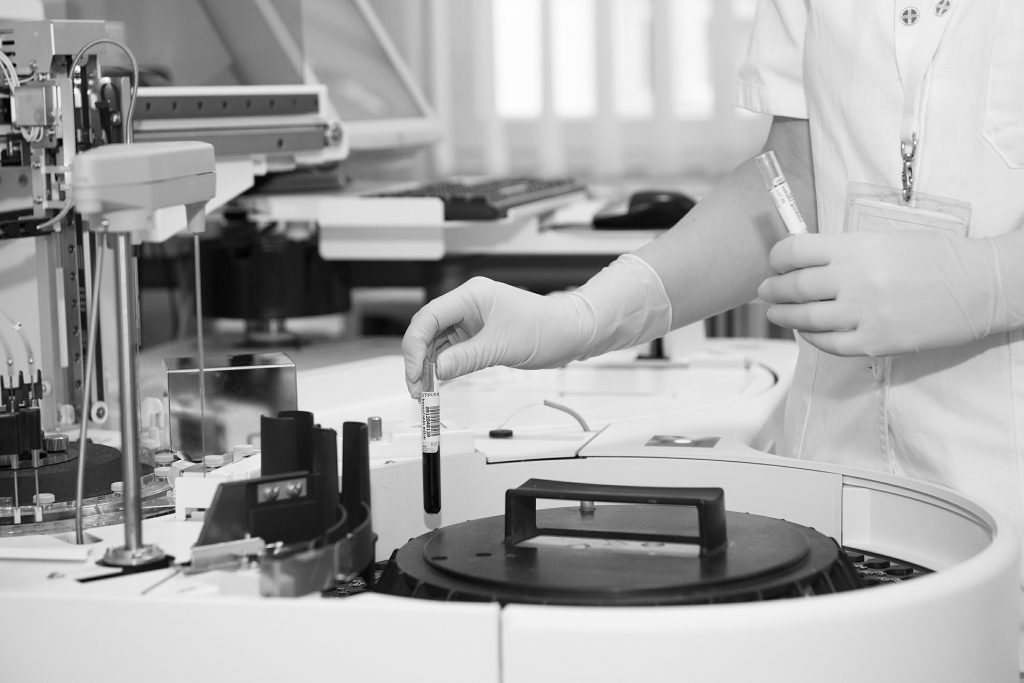
A research team that included scientists at Arizona State University, the City of Hope, Mayo Clinic, and the Cancer Research UK Cambridge Institute, have developed a new blood test to detect breast cancer that is said to be 100-times more sensitive than current tests. In a paper published in Science Translational Medicine, the researchers detailed how their test, called Targeted Digital Sequencing (or TARDIS), was able to effectively identify DNA shed by breast cancer cells into the blood.
The first step in the process was to genetically sequence tumor biopsy tissue from 33 women with stage 1, 2, or 3 breast cancer. They isolated potential mutations that distinguished the cancer cells and identified those they considered to be “founder mutations,” of which each patient harbored around 66, on average. They could amplify the scarce tumor DNA found in a blood sample by preserving them and attaching unique molecular identifiers to make them more easily detectable.
As the study began, TARDIS was able to detect tumor DNA in the blood samples of all the patients. Other similar tests for breast cancer currently in development have reported a detection rate of 50 percent to 75 percent. The TARDIS test was also able to detect circulating tumor DNA in the blood in concentrations as low as 0.003 percent, 100-times more sensitive than other tests being developed.
A blood test that can easily identify small amounts of tumor DNA could transform the way early-stage breast cancer is treated. The test could help women whose tumors are effectively eliminated by their pre-surgery treatment to avoid an operation altogether. For those whose tumors remain, the test could help doctors to decide which targeted drug therapies to prescribe for their patients. It could also help determine which patients require closer monitoring for recurrent growths.
